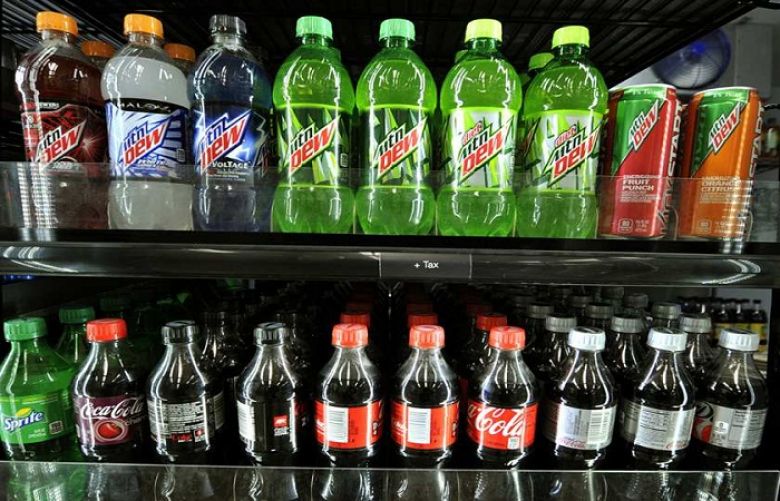High numbers of younger teenagers are risking tooth decay and obesity by regularly having high-sugar sport drinks, dental experts have said.
Cardiff University found 89% of Welsh 12 to 14-year-olds questioned used the drinks - 68% at least once a week.
Researchers said most parents and children were not aware the drinks were not suitable for children.
The British Soft Drinks Association said the drinks were only designed for use after "vigorous physical activity"
The university's school of dentistry, which published the research, surveyed 160 children at four schools in south Wales and concluded they were attracted to the drinks because of their sweet taste, low price and availability.
Half the children said they drank the drinks socially rather than in a sports setting, and only 18% claimed to drink them because of perceived performance-enhancing effects.
Researchers said they were particularly concerned a quarter of the children said they had bought the drinks at leisure centres.
'Water or milk sufficient'
Maria Morgan, senior lecturer in dental public health, said: "The purpose of sports drinks are being misunderstood and this study clearly shows evidence of high school age children being attracted to these high sugar and low pH level drinks, leading to an increased risk of dental cavities, enamel erosion and obesity."
The Faculty of Sport and Exercise Medicine (FSEM) is calling for tighter regulation around the promotion of sports drinks to children.
Paul Jackson, the FSEM president, said: "Sports drinks are intended for athletes taking part in endurance and intense sporting events. They are also connected with tooth decay in athletes and should be used following the advice of dental and healthcare teams dedicated to looking after athletes.
"Water or milk is sufficient enough to hydrate active children. High-sugar sports drinks are unnecessary for children and most adults."
'New commitment'
Russ Ladwa, from the British Dental Association, said: "Sports drinks are rarely a healthy choice and marketing them to the general population, and young people in particular, is grossly irresponsible.
"Elite athletes might have reason to use them, but for almost everyone else they represent a real risk to both their oral and their general health."
Gavin Partington, from the British Soft Drinks Association, said sports drinks were designed to rehydrate during or after vigorous physical activity and should be "consumed in moderation".
He added: "This year soft drinks companies agreed not to advertise any drinks high in sugar to under-16s across all media channels, including online. The new commitment also includes further restrictions to advertising around schools."

